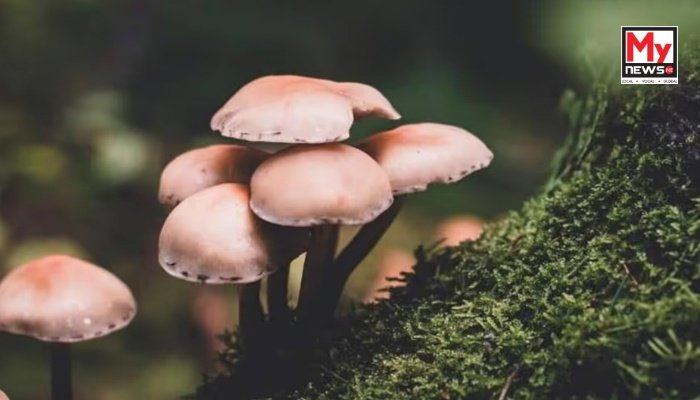IIT-Guwahati Develops Game-Changing Eco-Friendly Tech for Wastewater Treatment
Guwahati: Researchers at the Indian Institute of Technology, Guwahati (IIT-G) have unveiled a groundbreaking, sustainable, and eco-friendly method for treating wastewater, moving away from conventional techniques that often leave behind toxic byproducts. This innovative solution, dubbed BHEEMA (Biochar-based Hydrological Enzyme regulated Efficient Mechanism for Antibiotics removal), ingeniously combines biochar derived from spent mushroom waste with laccase, a naturally occurring enzyme, officials confirmed.
The BHEEMA technology leverages laccase-mediated degradation to effectively eliminate antibiotics from wastewater, a significant step forward in preventing the formation of harmful residues typically associated with current treatment processes. The pioneering findings of this research have earned a place in the esteemed Journal of Environmental Management, highlighting its scientific merit and potential impact.
The developed system has garnered national recognition, securing its position as the seventh finalist under the Water Sanitation theme of the Vishwakarma Awards 2024, an initiative by the Maker Bhavan Foundation. This acknowledgment further underscores the practical relevance and ingenuity of the IIT-Guwahati team’s work.
According to Sudip Mitra, Head of the School of Agro and Rural Technology at IIT-Guwahati, the research primarily targeted the removal of detrimental fluoroquinolone antibiotics, including Ciprofloxacin, Levofloxacin, and Norfloxacin, which are commonly found in hospital and industrial discharge, as well as surface water. Mitra explained that unlike traditional and often expensive methods like advanced oxidation and membrane reactors, which create secondary pollutants, their approach employs laccase, a natural enzyme, for contaminant degradation. To ensure the enzyme’s stability for reusability, it was immobilised on *biochar, an easily available and cost-effective agro-waste product in the region, derived from spent mushroom waste.
On a laboratory scale, the BHEEMA system demonstrated remarkable efficiency, achieving 90-95 per cent degradation of fluoroquinolone antibiotics within just three hours of application. A crucial aspect of this system, highlighted by *Anamika Ghose, a PhD scholar involved in the project, is that the byproducts generated during the degradation process are *non-toxic, ensuring the technology is both sustainable and environmentally safe.
The prototype was developed through a collaborative effort with Professor Latha Rangan from the Department of Biosciences and Bioengineering at IIT-Guwahati and her research scholars. The current laboratory-scale prototype costs between Rs 4,000-5,000, encompassing materials, enzyme immobilisation, and reactor setup. This affordability makes it a viable option for widespread adoption in both urban and rural settings.
Looking ahead, the research team is focused on scaling up the prototype, actively engaging with stakeholders for rigorous field testing and market validation. In a proactive move, the team recently conducted a hands-on training session for farmers on Biochar preparation and its multifaceted agricultural benefits. This session, organised in collaboration with the District Agricultural Office of Morigaon, saw the participation of 30 local farmers, signifying the potential for broader impact beyond wastewater treatment.
Read More: Manipur Forces Bust Insurgent, Counterfeit Gold Ring in Extensive Operations

